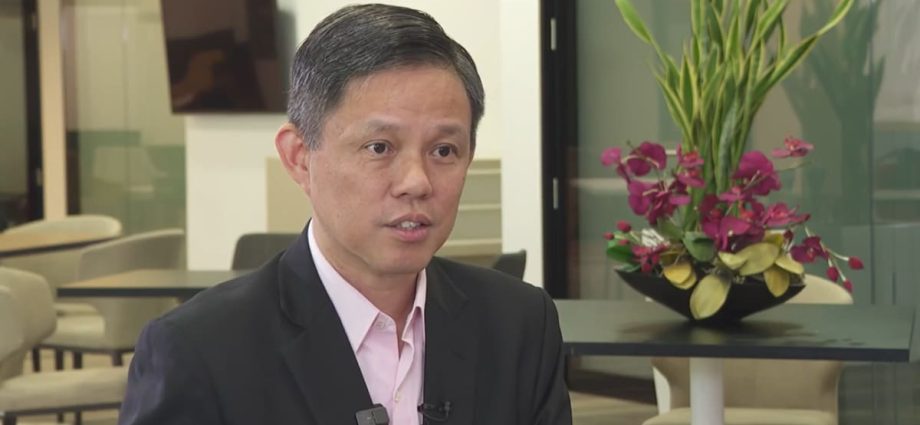
SINGAPORE: The Ministry of Education’s (MOE) Character and Citizenship Education (CCE) lessons on the Israel-Hamas conflict are designed to help students reflect on how to safeguard cohesion and harmony in a multiracial society.
These lessons also aim to help students understand their own emotions and empathise with others, Education Minister Chan Chun Sing said on Sunday (Feb 25) in an interview.
Mr Chan’s remarks come after concerns arose online this week about what schools are teaching students about the conflict in Gaza.
Some of the posts claimed that students were presented with a narrative that was not neutral or objective as it only covered the developments from October, without giving a historical context of the wider conflict between Israel and Palestine that dates back several decades.
The posts also claimed that teachers were not allowed to give further input beyond what was prescribed to them.
In response to queries from TODAY, the ministry said on Friday that teachers do not impose their personal views, “nor do they advocate for the interests of any particular parties involved in the conflict”.
For younger students, the lessons hone in on empathy for the victims of the conflict, while lessons for older students also focus on verification of information sources and appreciating diversity in perspectives, said MOE.
Mr Chan reemphasised this on Sunday and said that CCE lessons aim to achieve four things for students.
First, to help them understand their own emotions and empathise with others and second, to reflect on how to safeguard cohesion and harmony in a multiracial society.
The lessons also aim to help students learn how to verify information sources before sharing them responsibly, and to “appreciate the diversity of views and conduct conversations sensitively and respectfully”.
“Though this conflict may be geographically further away, we work very hard to not let this divide us or allow it to fragment our social fabric and hard-earned harmony,” added Mr Chan.
He cited examples of people, including youth, getting into heated conversations as well as unverified information and misinformation on social media stirring strong emotions.
“We also have people telling us what we should or should not teach our children on this issue. So we have to be very careful to not let the seeds of hatred and distrust be planted in our younger generations.
“We must understand Singapore’s vulnerabilities and interests, and work hard to preserve our cohesion, mutual tolerance and acceptance, and find ways to preserve our multi-racial and multi-religious harmony,” he said, noting that education must contribute towards this goal.
Mr Chan also provided some background on why schools are providing lessons on this.
“Many Singaporeans are affected and feel deeply for the victims of the conflict,” he said.
“It pains us, including our young, who feel for humanity. We hope and pray for peace. Not just a temporary ceasefire, or the end of the conflict only, but a long-term solution: A two-state solution where Palestinians and Israelis can live in peace. This is not easy, to say the least. Many have tried and failed, but what other choice is there?”This is why Singapore has joined many countries in the UN to support calls for a ceasefire and humanitarian support to the victims, and support calls for a long-term two-state solution, no matter how hard it is to achieve it.”

